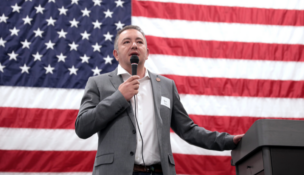Workers’ comp bill on hold until next year
Jeremy Duda//March 23, 2014//[read_meter]
Proponents of a bill that would bar employees from suing for damages over bad-faith denials of workers’ compensation claims headed off a contentious fight, at least for now, by putting...

















